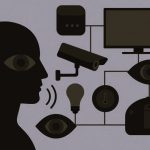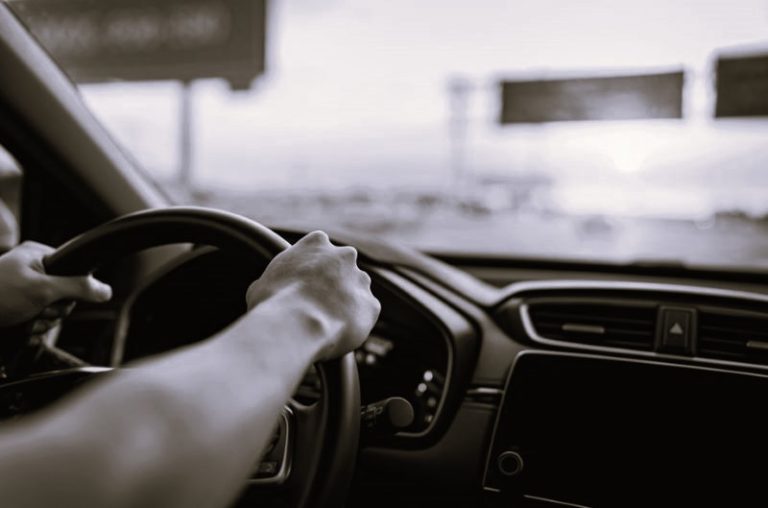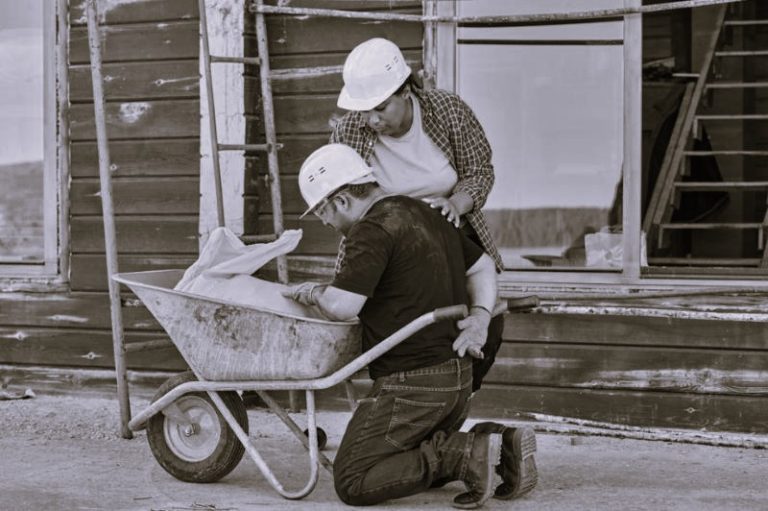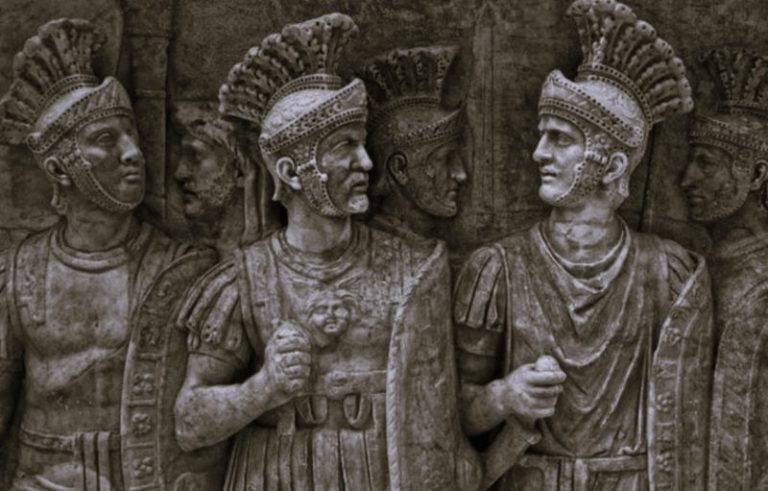

Police brutality is an issue that affects many across the world, but in the United States, it is particularly serious due to a variety of factors. One of the more serious aspects is how police brutality affects certain groups more than others; non-white people and members of the LGBT community being among the most affected, especially for non-white members of the LGBT community. But why is police brutality so severe? And exactly how does a person exercise their rights against police brutality?
Understanding my rights against police brutality
First off, police brutality is, to put it in the simplest of terms, violent action by police that cannot be justified. Ie, assaulting someone after they have been adequately restrained, shooting someone as they run from them, an excessively violent response in an otherwise nonviolent situation, etc. Every person in the United States is, or should be, free from excessive force from law enforcement, regardless of whether that person is someone born in the country, an immigrant, or even an undocumented immigrant or traveler from outside the country. Indeed, should a police officer resort to excessive force, that constitutes a violation of the victim’s civil rights. Federal law and certain state laws, such as in California, prohibit the use of deadly force if the person they intend to use it on is not an immediate threat to them or others.
One of your key rights, and one that you are likely keenly aware of, is your right to remain silent. It is, after all, a right that you see all the time discussed on procedural cop drama shows on television. You also have the right to not self-incriminate, as well as a right to a lawyer. If at any point in you attempting to assert any of these rights, they try to use force or intimidation in order to compel you into reject these rights, this constitutes a violation of your civil rights. The reason for all of these things is mainly due to past precedent, where police pressured someone into speaking or incriminating themselves, including threatening them or even threatening someone close to them, and police have also engaged in practices where they attempt to prevent a person in custody from speaking with their lawyer. This is important, as not being able to speak to your lawyer drastically increases the risks of saying something you did not mean or being compelled into saying something at all.
In the event that a police officer is engaging in police brutality against you, the best advice is to not give them any justification to escalate it any further than it already has been. Mind you, this does not mean that any of their actions are correct, legally or morally, but the truth of the matter is, if you fight back against a police officer in this situation, they are only going to engage in greater brutality than they were before. Even running away from a police officer can result in such a thing occurring. One might think that the existence of body cameras would be a useful tool to prevent police from engaging in misconduct, but sadly, in the places where body cameras are actually used by police, police have the authority to literally just shut off their body cameras and say that it was a technical error, thereby eliminating the ability for their actions to be captured on video. This is obviously highly immoral and irregular, but there is not much that can be done without evidence to suggest that the camera did not malfunction as was claimed.
In some cases, regardless of whether an officer is recording the incident with their body cam, a passerby may be doing so using their smartphone, a method which has caught a number of instances of police brutality that police have tried to cover up. An all-too-common tactic police use when they recognize that someone is filming is to attempt to force them to cease filming or try to confiscate their phone. Neither of these are legal, as people have a first amendment right to record this, and police do not have privacy protections like normal citizenry does. There have been arrests made in the past for people not complying despite the illegality of such an action, however.
After the police brutality occurs, the best thing you can do is get access to a lawyer, so you can discuss the situation with them as quickly as possible. A lawyer, such as those at Montoya Hinckley Law Firm, will look over the situation and attempt to figure out what the best option is. Your lawyer will get photos of the injuries you’ve sustained, as well as any medical reports if you had to go to the hospital following the police brutality. They will also look into witness reports from people who were at the scene, and of course, they will request to see the body camera footage, if available. One of the best ways to get something like this resolved is to have a competent, diligent lawyer working for you who has your best interests in mind.






